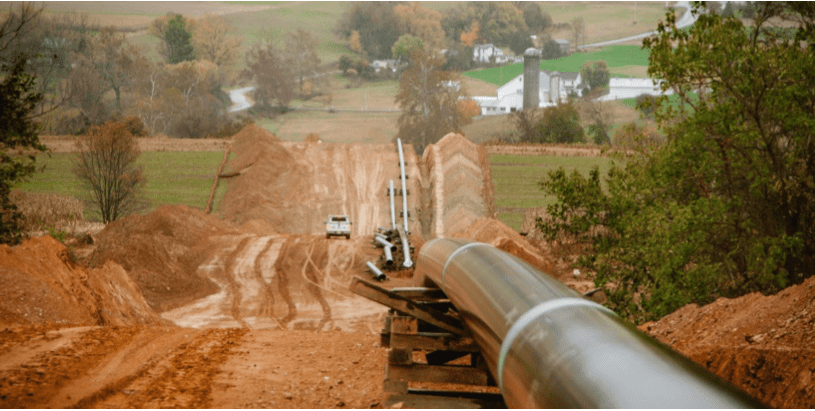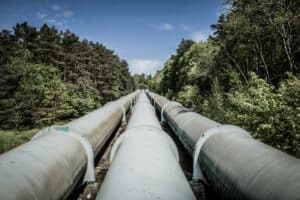A recent article written by Shaun Walker, Victor Ng and Jeremy Summers for World Pipelines makes the case for extending the service life of pipelines for greater value and sustainability. The life of a pipeline can be extended after detailed assessments and feasibility studies to understand and manage the risks of continued operation within acceptable levels.
“In recent years there is a growing call for the lives of older pipelines and related infrastructure to be extended. This is sometimes to maximise hydrocarbon recovery from an existing field or increasingly, as the energy market transitions, to repurpose the pipeline for alternative use, such as carrying CO2 or hydrogen.”
The article details the steps that should be followed in a life extension study, including understanding the current condition of the pipeline using data to establish a reliable baseline for continued operation. This data includes the wide-ranging design of the pipeline, fabrication and operational information, as well as integrity reviews and any defect assessments.
“It is unlikely that the pipeline will have recently had such a rigorous review of its integrity and operating history, giving the operator a new perspective on the current pipeline risks. This can lead to improvements in the day-to-day integrity management of the pipeline and in some cases help to justify the deferral of expensive planned work such as inline, intelligent pigging inspection.”
According to the authors, the next step is to assess the threats that would impact the extended life of the pipeline. This includes experienced pipeline integrity specialists analyzing and interpreting the data to understand anomalies and known issues with the pipeline. Their assessment should also identify threats not reported by the pipeline operator that could present a significant integrity concern.
It’s important to focus on what really matters when conducting an assessment. “Most of the focus usually needs to be on degradation-related threats which could compromise the pipeline integrity over time, such as internal and external corrosion or fatigue.”
The article goes on to talk about the pressure pipeline operators face in doing such an extensive risk assessment and how “identifying the relevant areas to study and assessing them to the right level of detail is what makes life extension studies successful.”
Read the full article on World Press to learn more about what is involved in ensuring the safe extension of the life of a pipeline.




